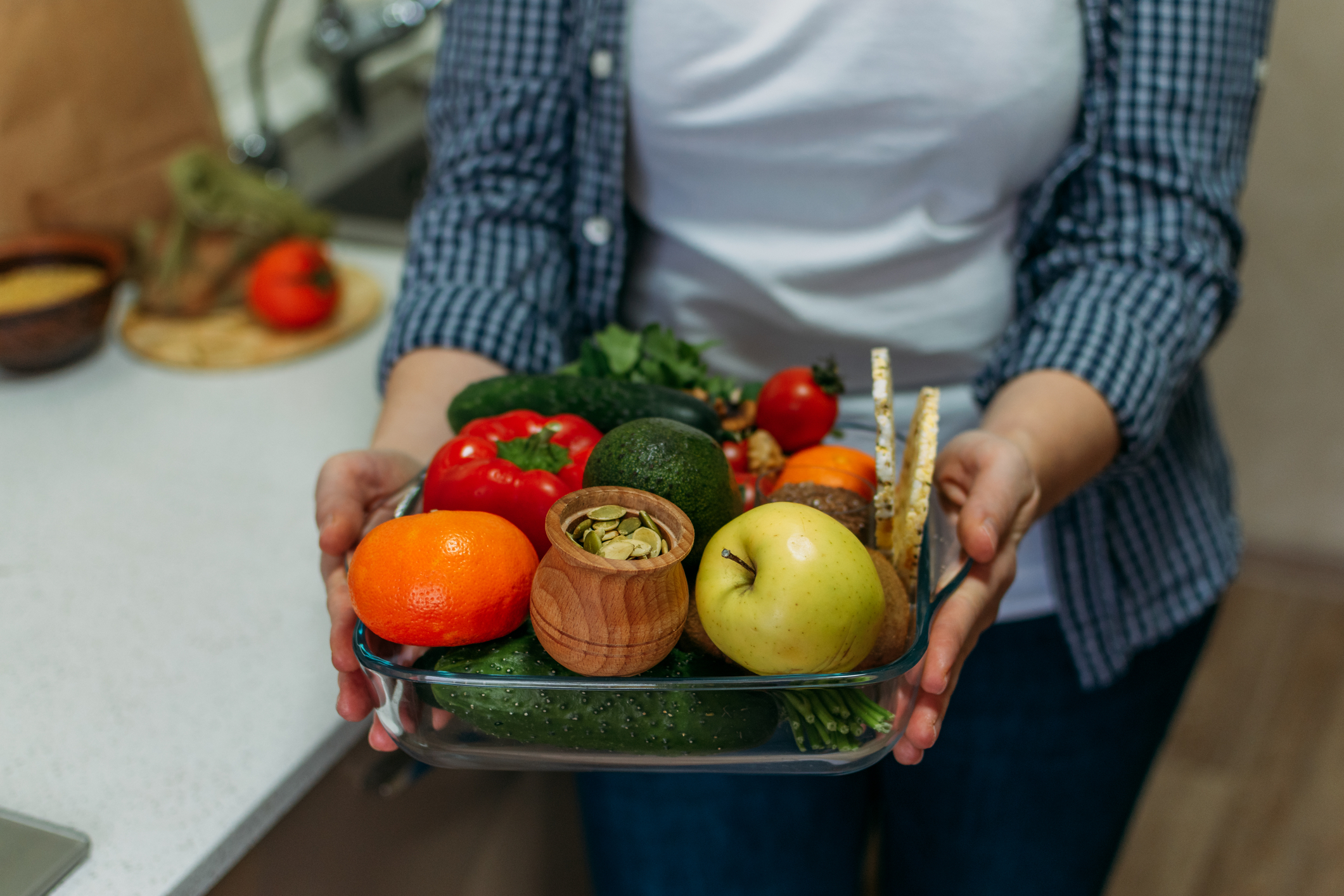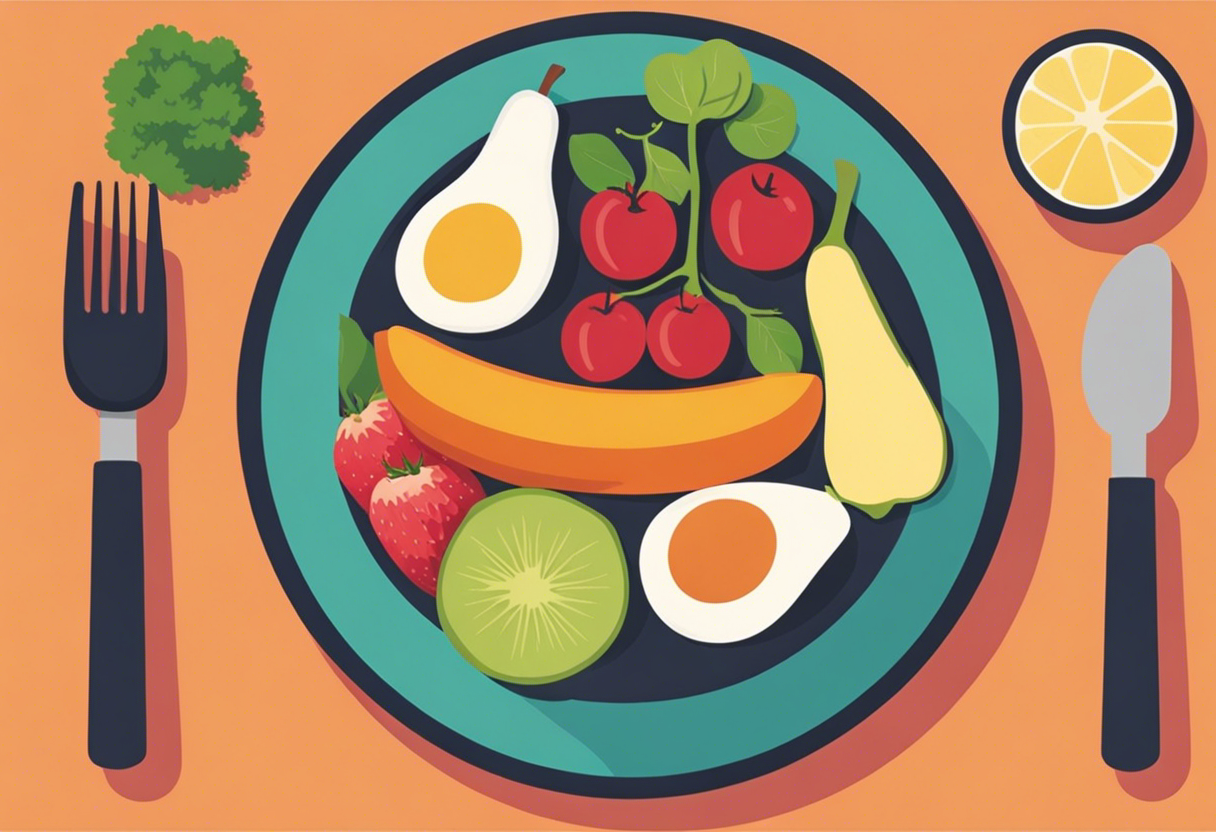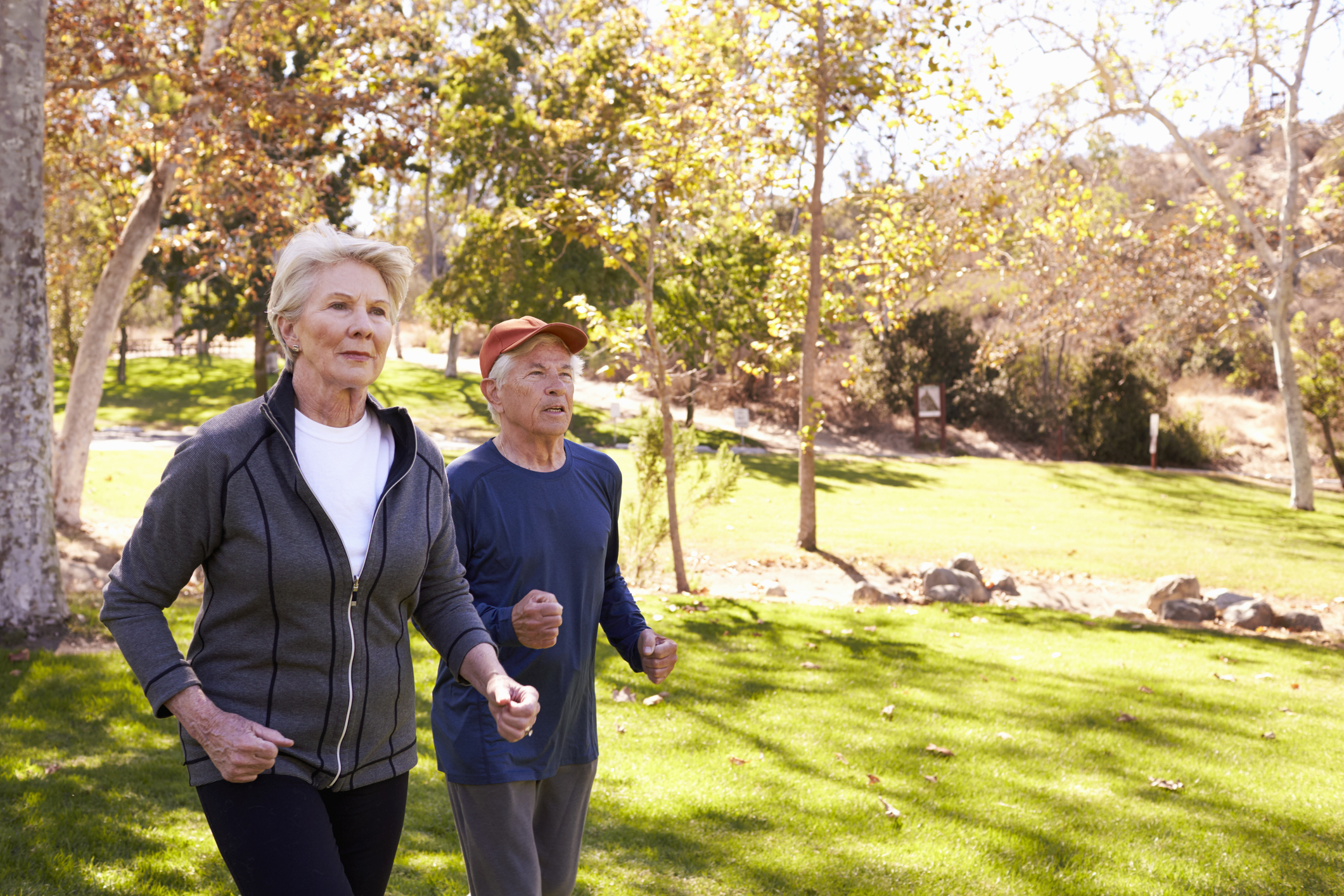Five Sizzling Ways Women Can Charmingly Affirm Their Health With a 1500 Calorie Diet
To begin with, every woman looking to embrace a 1500 calorie diet must understand the importance of macronutrients. Macronutrients, namely proteins, carbohydrates, and fats, are the primary building blocks of our diet. When you restrict your intake to 1500 calories per day, the balance and distribution of these macronutrients become critical. For sustainable health, it's recommended to follow a ratio of 40% carbohydrates, 30% fats, and 30% proteins.
Deciding to follow this ratio can ensure a steady release of energy throughout the day, assist in muscle-building activities while promoting the feeling of satiety. Foods high in proteins such as lean chicken, turkey, eggs, cottage cheese, legumes, and quinoa can make fantastic meal sources. Similarly, healthy fat sources can include avocados, nuts, seeds, and olive oil. For carbohydrates, prefer whole grains like brown rice, oats, and whole wheat bread.
Incorporating a Variety of Fruits and Vegetables

The inclusion of a variety of fruits and vegetables can ensure a rich array of vitamins and minerals in a woman's 1500 calorie diet. These are vital for maintaining bodily functions, improving immunity, and rejuvenating the skin and hair.
Eating a rainbow of fruits and vegetables can add diversity to the diet and keep it interesting. They are also low in calories and high in fiber, aiding weight management efforts. Consider adding dark leafy greens, brightly-colored peppers, zesty citrus fruits, and gentle berries to your meal plans. Make it even more fun by trying new fruits or vegetables every week.
Choosing Whole Foods Over Processed Ones

To make the most out of your 1500 calorie diet, opt for whole foods over processed ones. Whole foods are natural, unrefined, nutrient-dense ones, while processed foods often contain added sugars, unhealthy fats and are high in salt. Not only do whole foods provide more nutrients, but they can also offer more volume per calorie - ideal when on a calorie-restricted diet.
Items like fresh fruits, vegetables, lean meats, fish, whole grains, legumes, nuts, and seeds count as whole foods. These can give you the feeling of a full, satisfying meal without crossing your calorie limit.
Mindful Eating is Essential

Mindful eating is an integral part of a successful, healthy diet plan. It's easy to mindlessly munch on snacks or scroll through your phone while devouring dinner, but doing so can make you eat more than necessary.
Mindful eating encourages you to pay attention to your meals and the entire eating process. You are more likely to enjoy your meals, understand your hunger and satiety cues better, and consequently, reduce overeating. Next time you sit down to eat, avoid distractions, chew your food slowly, and savor each mouthful.
Emphasizing On Regular Physical Activity

Though the focus here is mainly on diet, we cannot overlook the enormous role physical activity plays in overall health and wellness. Regular exercise can help to maintain a healthy weight, tone up the muscles, and uplift your mood.
While it's critical not to overeat on a 1500 calorie diet, it's important not to undereat, especially when you engage in regular physical activity. This ensures the body gets the necessary fuels for recovery post workouts. Striking a balance between the calories consumed and expended through physical activity is the key to a successful health journey.
Of course, every woman is unique, and her dietary needs may vary. Thus it's always wise to seek advice from a registered dietitian or a health professional when planning a new diet. Remember, health is a journey, not a destination, so here's to embracing a healthier future.